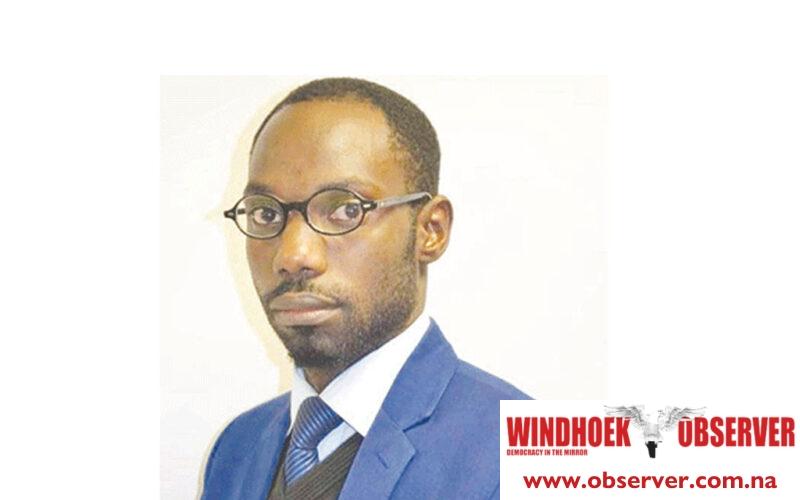Niël Terblanché
To address public concerns over the health risks associated with fifth-generation (5G) wireless communication, the Communications Regulatory Authority of Namibia (CRAN) has launched a comprehensive Consumer Awareness Campaign.
This initiative aims to educate consumers on the benefits of 5G technology and dispel lingering misinformation about its potential health risks.
The advent of 5G marks a crucial moment in the realm of connectivity, introducing a new era of unparalleled speed and efficiency.
According to the Global System for Mobile Communications Association (GSMA) Intelligence, South Africa is spearheading the 5G deployment in sub-Saharan Africa, with Namibia and other countries like Botswana, Zimbabwe, Seychelles, Mauritius, and Madagascar also joining the forefront of this technological evolution.
CRAN’s recent spectrum auction has paved the way for the widespread adoption of 5G in Namibia. The auction is an indication of the country’s readiness to embrace this advanced technology.
The 5G Consumer Awareness Campaign, spearheaded by CRAN, focuses on educating the Namibian populace about the myriad benefits of 5G, while simultaneously addressing and debunking the myths concerning its health implications.
Kristof Itana, the Manager of Technology and Standards at CRAN, has been instrumental in clarifying the distinctions between 5G and its predecessors – 2G, 3G, and 4G.
“5G represents a significant leap forward in telecommunications,” Itana explained and added: “Operating at higher frequencies, 5G is not only 100 times faster but also more efficient than its predecessors.”
He reiterated that the radiation emitted by 5G is similar to that of earlier technologies, with the addition of “millimetre waves,” which pose no threat to public health.
Addressing the controversial claims linking 5G to the spread of COVID-19, Itana unequivocally dismisses these as unfounded.
“There is no credible evidence suggesting that Electromagnetic Frequencies (EMFs) or 5G influence the risk of viral infections,” he stated.
According to Itana, extensive research conducted by international bodies, including the International Commission on Non-Ionizing Radiation Protection and the Institute of Electrical and Electronics Engineers, has found no link between 5G and diseases such as COVID-19 or cancer.
Itana pointed to the transformative potential of 5G across various industries.
“5G is not just a new network technology; it’s a catalyst for a digital revolution,” he said.
Itana assured consumers about the safety of 5G, emphasizing that there is no solid evidence of its negative health effects.
With rigorous safety checks on all 5G telecommunications equipment, Namibia is poised to be at the forefront of this digital revolution, reaping the benefits of 5G across multiple sectors.
“Rest assured, 5G technology will not harm public health,” he said.




